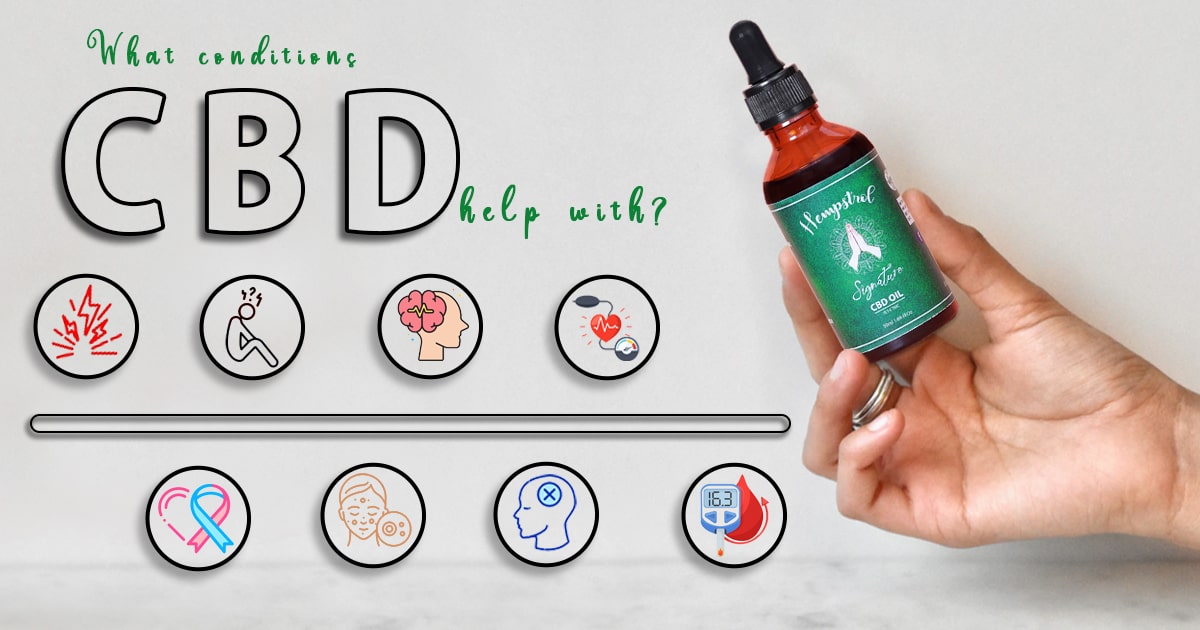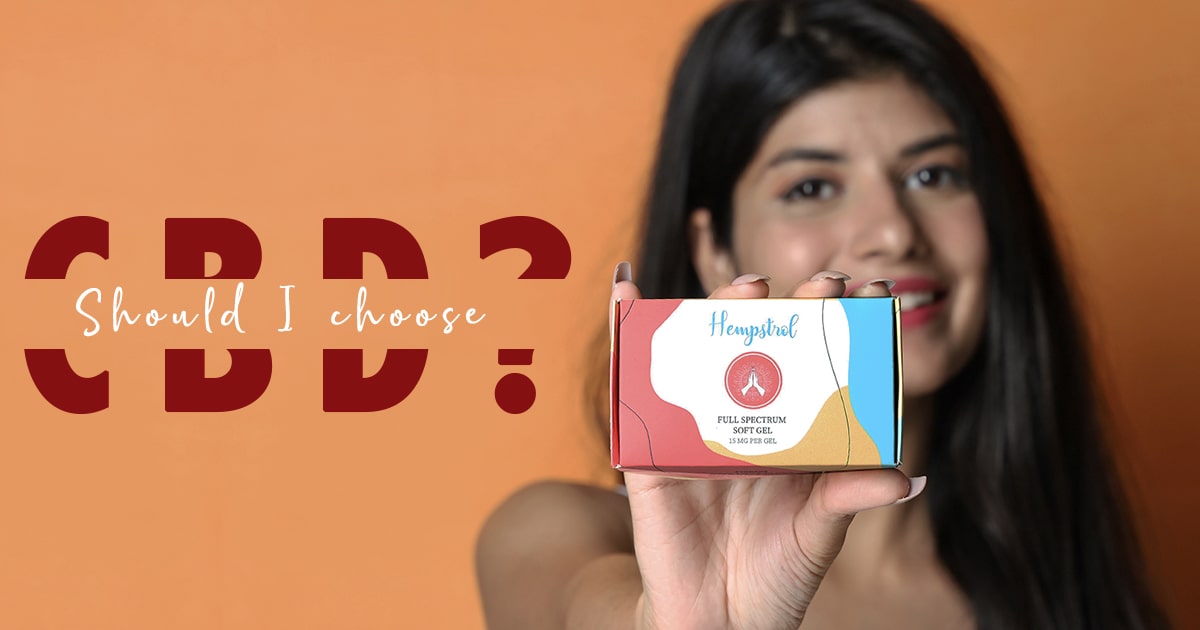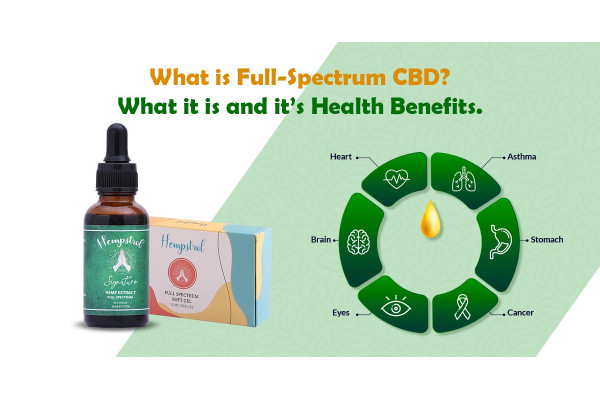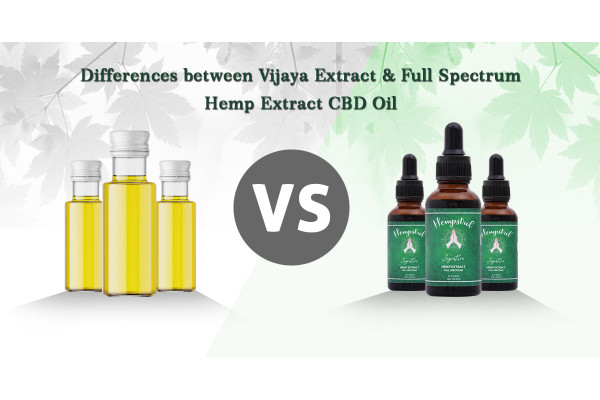CBD Oil To Help Cure Chronic Diseases
Cannabidiol, often known as CBD, is widely advertised as a treatment for any condition you might have. Those who are late to the party might be wondering what CBD is. Both cannabis and hemp plants, which are different forms of the same plant species, contain cannabidiol, a non-psychoactive chemical. Tetrahydrocannabinol (THC), the chemical in marijuana that gives users who smoke or consume it the "high" feeling, is frequently generated from cannabis plants. According to a report released in 2018 by the World Health Organization, there are only a small number of ailments that scientific studies suggest CBD can treat. Despite what some headlines may have you believe, CBD is available in oils, sweets, tinctures, lotions, pills, and more.

What conditions can CBD help with?
Here is a summary of some current scientific research on the medical benefits of CBD oil India, including several conditions for which CBD products have received FDA approval.
Pain: According to a study published in Current Neuropharmacology, the interaction between CBD and a class of receptors, or cells that receive impulses, known as vanilloid receptors, resulted in reduced inflammation and levels of pain perception. Additionally, a study that was released in July 2016 in the European Journal of Pain indicated that CBD may assist arthritis sufferers to control their pain. Using a CBD gel transdermally (on the skin) to treat pain and inflammation in animals was investigated in the study, and the topical medication was found to be effective without any evidence of side effects.
Anxiety and depression: Numerous neuropsychiatric illnesses have been examined in hundreds of trials to see if cannabidiol may be utilised as a treatment. The most recent study, which was published in Neurotherapeutics in October 2015, came to the conclusion that topical CBD oil India offers "great potential as a treatment for numerous anxiety disorders." Additionally, preclinical evidence "strongly supports CBD as a treatment for anxiety disorders," including PTSD, generalised anxiety disorders, obsessive-compulsive disorder, and seasonal affective disorder, according to a study review that was published in September 2015 in the Journal of the American Society for Experimental.
Epilepsy: Numerous reputable scientific research supports the anecdotal stories of CBD's usage as an epilepsy treatment that has been around for decades. One study, which appeared in the May 2018 issue of the New England Journal of Medicine, demonstrated that CBD can help people with Lennox-Gastaut syndrome, a type of epilepsy. And in 2018, the FDA approved an oral CBD formulation for LGS and Dravet syndrome, another kind of epilepsy.
High blood pressure: One dose of CBD decreased resting blood pressure by 6 millimetersd of mercury (mmHg), according to research conducted in England on a small group of healthy men between the ages of 19 and 29 who were all nonsmokers and had never used cannabis. This finding suggests CBD may ultimately lower the risk of stroke. The study, published in July 2017 in JCI Insight, indicated that the response may be attributable to CBD’s anxiolytic (anxiety-reducing) and analgesic (pain-reducing) effects.
Symptoms associated with Cancer treatment: The focus on CBD for cancer treatment has been on its use in lowering nausea and vomiting that typically accompany chemotherapy and radiation therapies. The American Cancer Society reports that scientists have just discovered CBD may inhibit the growth of cancer cells.
Blemishes and other skin conditions: Topical CBD may be an effective anti-acne treatment, according to a study that appeared in the Journal of Clinical Investigation in July 2014. This is probably because it has anti-inflammatory characteristics. Additionally, research in the Journal of the American Academy of Dermatology in July 2017 discovered CBD (and THC) to be effective in relieving itching which is usually associated with eczema and psoriasis.
Addiction: As ironic as it may sound, CBD has shown a lot of promise in battling an addiction to a variety of substances, including opioids, cocaine, alcohol, and tobacco.
Diabetes: Numerous studies have suggested that CBD might contribute to improving outcomes for people suffering from diabetics, including one that was released in February 2012 in the American Journal of Pathology. Cannabis users have been found to have lower fasting insulin levels and indicators of insulin resistance, according to observational research.

Should I choose CBD?
You should be aware of any potential adverse effects if you're using CBD products and shouldn’t let the cbd oil price in India get in between your decision to buy the best CBD product. The most frequent symptoms include weariness, dry mouth, mood swings, nausea, and gastrointestinal problems. And given that studies have indicated that CBD can interact with medications, you should always consult with a doctor before consuming one.

What to know when you are buying CBD products?
The next problem is locating goods with appropriate labels. Numerous CBD products do not contain the quantity of CBD that their labels claim, according to a study that was published in November 2017 in the Journal of the American Medical Association. The researchers discovered that 26% of CBD products had less CBD than was claimed on the label, which could have a negative effect on any prospective therapeutic response, and 70% of CBD products were mislabeled. When you are out there in the market to buy CBD products, make sure you know where the products are sourced from and how they are manufactured.


















